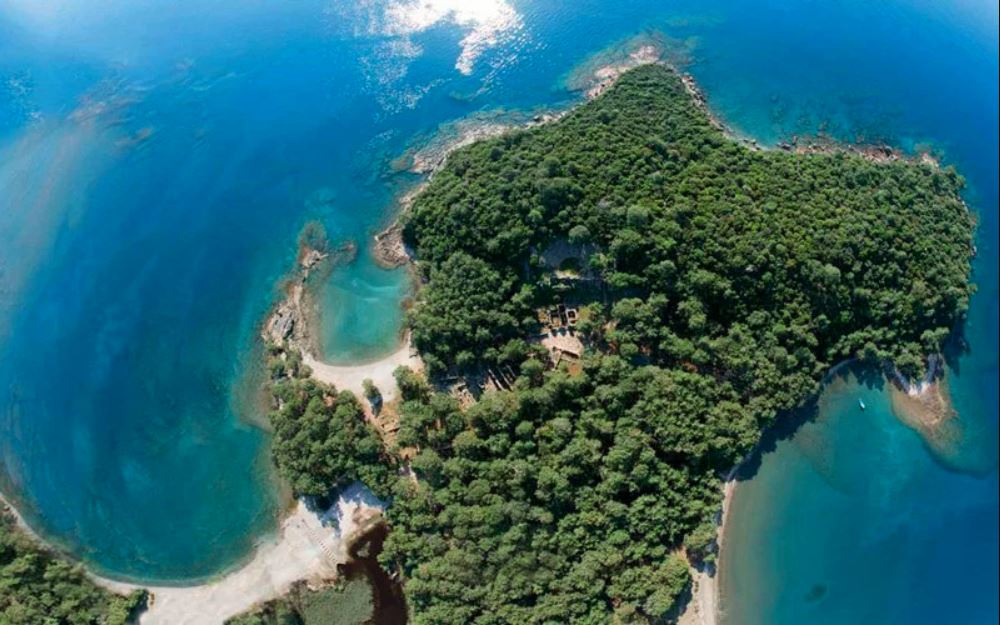The construction of tourist facilities on two beaches that were part of the ancient city of Phaselis – a tentative nominee for Unesco world heritage status – has caused outrage at what is claimed to be the latest example of the Turkish culture ministry sacrificing heritage for tourism.
The Alacasu and Bostanlık beaches, on Turkey’s southern Mediterranean coast in the province of Antalya, were part of Phaselis, a Greek and Roman settlement thought to be the birthplace of Plato’s student Theodectes.
Despite having ruins dating back to the second century BC, the beaches have never been subject to an archaeological dig.
In January, however, state surveyors declared the beaches to be of no substantial value. The ministry for culture and tourism then approved the construction of more than £1m of visitor amenities such as toilets, cafes and changing rooms with a view to turning the area into a holiday hotspot.
As sky-high inflation and a plummeting currency exacerbate an economic crisis, Turkey sees tourism as a lifeline. The industry made up about 10% of GDP before the Covid pandemic, and advertising campaigns have been launched with the aim of attracting 90 million visitors by 2028.
Critics note that the infrastructure required to host so many people frequently comes at the expense of the cultural heritage that attracts tourists in the first place.
At Alacasu and Bostanlık, a report compiled by the Antalya branch of the Turkish Association of Archaeologists (TAA) identified “the potential to offer up significant archaeological information”.
Surface studies have already revealed the remains of amphoras and steles (jugs and commemorative slabs), as well as architectural structures, at Bostanlık. An ancient road at Alacasu shows evidence of having been used by forces under the command of Alexander the Great.
